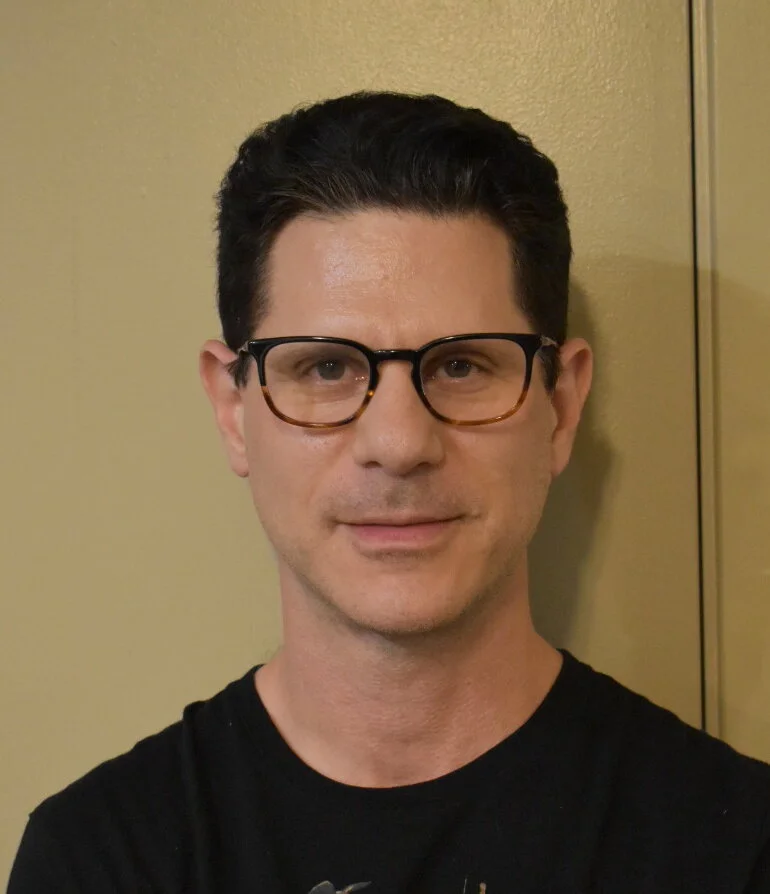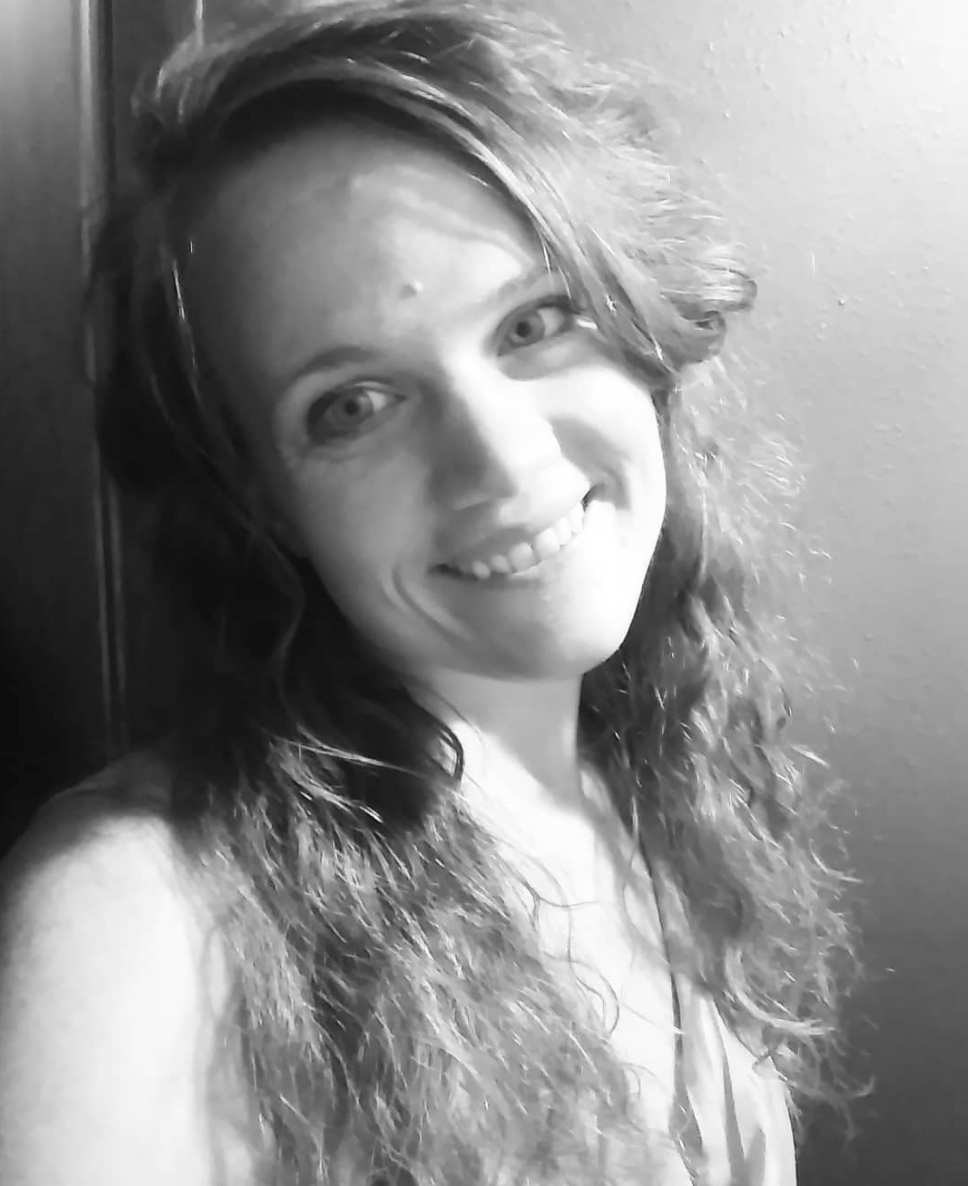Creating for Justice
AMPLIFYING BIPOC VOICES WHILE FOSTERING COMMUNITY, AND FACILITATING ACCESSIBLE ARTS AND PROFESSIONAL EDUCATION.
The Literary Copywriter stands with #blacklivesmatter! I believe that the best education offers people tools for resistance and creative expression. No one should have to defend their right to exist. That’s why I volunteer with Creating for Justice, a growing network of activists who offer artistic and other professional services in exchange for donations. All donations benefit an anti-racist organization in exchange for the volunteer’s services.
For example, if you were to seek my writing services through CFJ, I’d ask that you donate to at least one of the following organizations:
There’s no minimum donation amount, and CFJ offers a variety of services including writing/editing, tax assistance, ergonomic help, nutrition counseling, performing arts, music lessons, and more!
Creating for Justice – Mission Statement
Our mission is to amplify BIPOC (Black, Indigenous, People of Color) voices while fostering community, and facilitating accessible arts and professional education.
At CFJ, we see activism, education, and allyship as essential tools in the ongoing fight against systemic racism. We strive to make meaningful connections with every person in our community to build a stronger, louder, and broader coalition of people who are in this fight.
Interview with founders Taylor Masamitsu and Casey Neubauer
Literary Copywriter: Tell me about the history of Creating for Justice. A lot of beautiful opportunities have come out of the #blacklivesmatter movement, and CFJ's mission is so unique! I love your friend Gaïana Joseph's question, "What talents do you have that can set people free?" What else inspired CFJ's services for donations model?
Taylor Masamitsu & Casey Neubauer: On June 5th, we attended a vigil when Breonna Taylor should have been celebrating her 27th birthday. The organizers facilitated a powerful demonstration, and we will always show up for Black Lives Matter. That protest was different, though. That was the day when, for us, protesting wasn't enough.
We walked home in the rain and sat on the couch, brainstorming ways to make a tangible, demonstrable difference. Then, perhaps cosmically, Gaïana posed the question, "what talents do you have that can set people free?" It was a perfect confluence of inspiration, and it serves as CFJ's guiding principle.
Initially, we thought Taylor would raise money by teaching voice lessons—it's what he does all day, anyway. Being a financial advisor, we figured Casey could also offer some budgeting services. Struggling to find a way to bridge the two services, it finally dawned on us: why stop there?
We started reaching out to the friends and coworkers we thought might want to join our team. Many were—and remain—thrilled to use their talents to help set people free.
At CFJ, we realize donating is inherently a privilege, which inspired our donation model. We want to offer artistic and other professional services to as many people as possible!
"What talents do you have that can set people free?" It was a perfect confluence of inspiration, and it serves as CFJ's guiding principle.
L.C.: Do either of you have a background in nonprofit organizations or community organizing? When did you realize you wanted CFJ to become a 501(c)(3) organization?
T.M & C.N: Taylor has taught in the nonprofit sector for eight years. He's learned a lot about what makes nonprofits successful while maintaining a cheerful, productive team. Coupled with Casey's unrivaled organizational skills, we always planned for CFJ to become a 501(c)(3) organization.
L.C. CFJ centers around the BIPOC communities they serve. How have your ongoing relationships with different communities strengthened the work you do in or outside of CFJ?
T.M. & C.N.: We strive to include as many experiences as possible when designing CFJ's work. This means folding friends, colleagues, and acquaintances—and all of their friends, colleagues, and acquaintances—into the conversation. We believe fighting systemic racism is an all-hands-on-deck situation, and we invite everyone to have a seat at our table.
L.C. What are some immediate and long-term goals for CFJ?
T.M. & C.N: Immediately, we want to introduce people to CFJ! Having just started this summer, we are eager to provide services, raise awareness, and financially support some outstanding organizations.
Thinking ahead, we are working to secure funding for community projects. Our amazing volunteers have suggested some incredible ideas: inmate choirs, BIPOC theatre-making, communicating through art, and college preparatory programs, to name a few.
L.C. I see you recently launched an exciting membership program! How can becoming a member of CFJ help us continue to fight for social justice?
T.M. & C.N. Becoming a CFJ member is beneficial in the fight for social justice because it allows CFJ to continue operating. Membership dues go directly back into the business. As a member, you can also take advantage of our services regularly, and you'll receive a copy of AMPLIFY, our monthly anti-racist resource guide.
We believe fighting systemic racism is an all-hands-on-deck situation, and we invite everyone to have a seat at our table.
TAYLOR MASAMITSU
Taylor Masamitsu is a Japanese-American tenor, music director, and educator based in New York City. He is a champion of accessible arts education and is dedicated to using his skills for the amplification of BIPOC voices.
As an educator, Taylor has worked with leading schools and non-profits determined to provide meaningful, accessible arts education. He proudly serves on the faculties at Columbia University, The School of The New York Times, Metropolitan Elite Education, and Random Farms Kids' Theater. Taylor has previously been on faculties at the CalArts Community Arts Partnership, Broadway Training Center of Westchester, Inside Broadway, Plaza de la Raza, West Creek Academy, and Burbank Unified School District.
Taylor received his Master of Arts (MA) in Vocal Pedagogy at Columbia University. Previously, Taylor received his Professional Diploma (PD) in Opéra from École Normale de Musique de Paris and his Bachelor of Fine Arts (BFA) in Vocal Performance from The California Institute of the Arts. Additionally, he was a Young Artist at the International Vocal Artists Academy of Payerbach.
The son of Robert "Chip" Masamitsu (Editor, Dances With Wolves, 1991) and Andrea Pugliese (Emmy Award Winner, The Doctors, 2010; The Ellen Degeneres Show, 2019; six-time nominee), Taylor was fortunate to have been inspired and raised by incredible artists in their Los Angeles home.
CASEY NEUBAUER
CO-FOUNDER, EXECUTIVE DIRECTOR OF OPERATIONS
Casey Neubauer is a Project Manager and Financial Advisor based in New York City. He is committed to using his skills to combat the finance industry, which has systemically oppressed BIPOC communities.
An Iowa native, Casey graduated from Iowa State University before relocating to Austin, Texas to pursue a career in finance. He quickly established himself as one of JPMorgan Chase's top Private Client Bankers, which ultimately brought his talents to Manhattan.
Shortly after arriving in New York, Casey transitioned into the financial technology (FinTech) industry, where he currently manages online and mobile banking projects for credit unions nationwide. Additionally, to fully utilize his passions, expertise, and experience, Casey proudly serves as Executive Director of Operations at Creating for Justice.
Connect with Creating for Justice
At CFJ, we believe everyone has talents that can help set people free. If you’re ready to use yours to fight systemic racism and make a lasting change, please learn more about our services or join our team!
Connect with The Literary Copywriter
Your Friend in Craft,
Emily




















